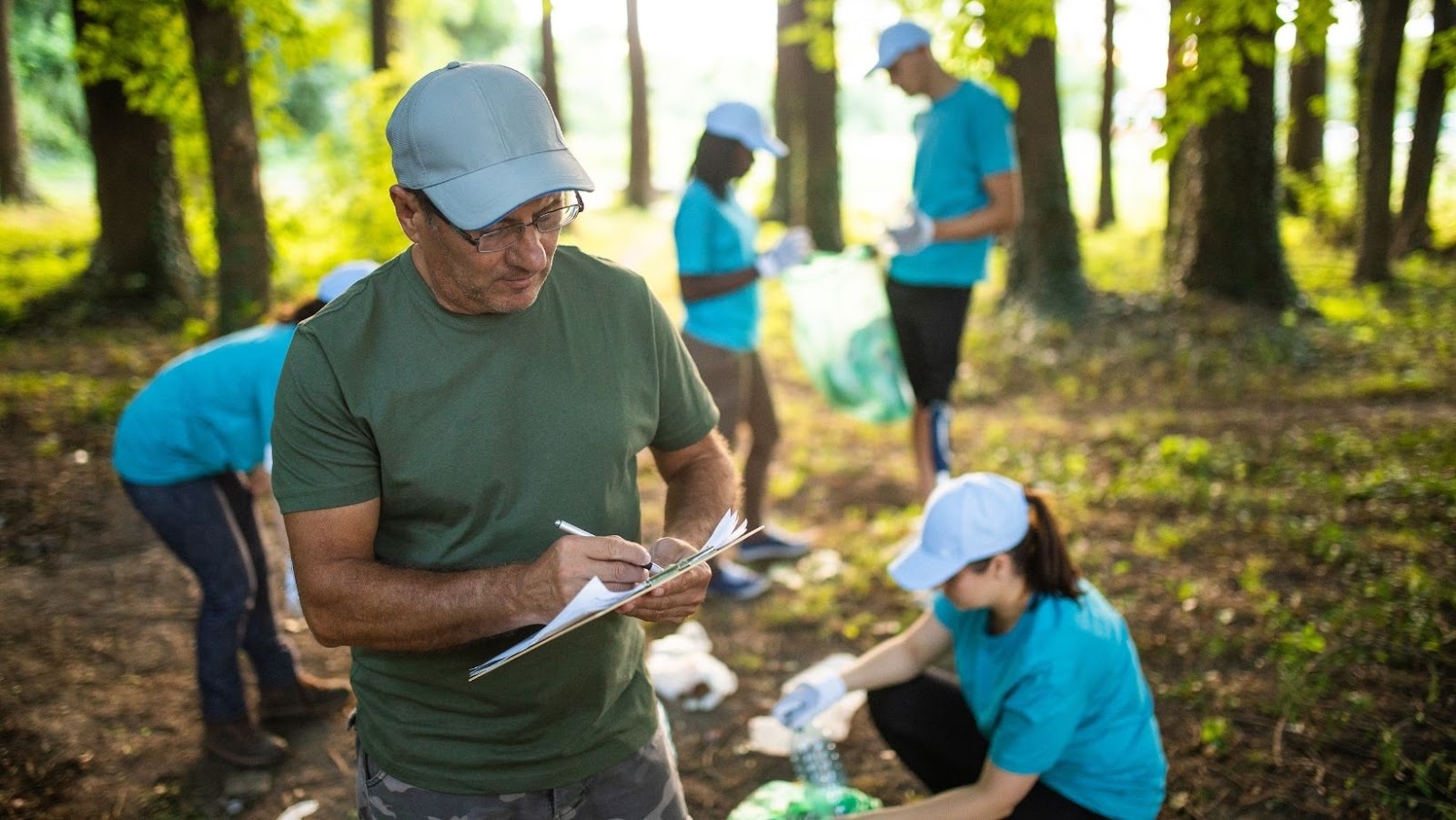How to Become an Ecologist

Hi, I am Betty Knight, Owner of this site! I…
Do you have an interest in how living things interact with their environment? Would you like to understand these interactions at the individual level, in groups, or in ecosystems?
Would you like a career where you can:
- advance conservation biology?
- manage natural resources through sustainable agriculture, forestry, or fisheries
- How can we create sustainable, healthy cities?
- or simply help other people gain an appreciation of nature?
If you have answered yes to any of these questions, then you should consider a career as an Ecologist or Ecological Consultant.
Skills of an Ecologist
You may already have many of the requirements for this career if your existing resume already includes some of these transferrable skills:
- Critical thinking and analytical skills apply to both your life outside of work and your job.
- Customer service, conflict resolution and negotiation skills.
- Strong oral and written communication skills.
- Ability to articulate complex concepts.
- Strong oral and written communication skills.
- The ability to review, interpret and use policies
- Project management.
- Ability to collaborate with other technical staff and disciplines.
- Time management skills to ensure deadlines are met.
- Meeting facilitation skills.
What do Ecologists do?
Ecologists study the relationships between living things (including humans!) and the environment around them. This can be anywhere from the level of an individual organism to a population, community, ecosystem, or biosphere.
Some of the main tasks you could be undertaking include:
- Informing environmentally sustainable development (ecological consultancy).
- Controlling non-native and invasive species.
- Cleaning up contaminated sites.
- Using science to inform sustainable forestry practices.
- Feeding human populations in an ecologically-sustainable way – such as nature-friendly farming (agriculture and agro-ecology) and sustainable fisheries.
- Predicting future ecological changes due to future climate scenarios, and invasive species.
- Informing policymakers and other groups about threats to ecosystems and how to mitigate them.
- Planning healthy, sustainable cities.
- Ensuring that ecosystems can continue to sustain human life through ‘ecosystem services’ like providing food, fuel, fiber and medicines; regulating climate; controlling erosion; protecting from storms; cultural values, and more.
-

Where do Ecologists work?
You could be working in an academic setting doing research, for a conservation charity, in any business or the government where planned developments might conflict with nature, or with a social enterprise.
Educational Requirements
You would need to have an undergraduate (Bachelor’s) degree in ecology, biology, botany (plant science) or marine biology. Related fields like conservation biology, environmental science, environmental planning, zoology, microbiology, geology or earth science are also useful, and chemistry is highly relevant for ecologist jobs.
To get started, even with appropriate qualifications, having some real-life experience can benefit your chances of landing a job. While studying, you should seek out any possible internships, volunteering, or work experiences.

An Ecologists Job Description
Ecologist jobs are diverse, but some common themes you would find would include:
- Conducting fieldwork
- Preparing reports
- Managing survey work, teams, and budgets
- Consulting with clients
- Recording data
- Planning field research and logistics
- Identifying species
- Reintroducing threatened species
- Conducting habitat evaluations
- Research
- Work collaboratively with others to maintain, enhance, protect, and conserve natural resources.
The average salary of Ecologists in the United States is around USD 60,000 per year. Demand for Ecologists is growing due to the increased focus throughout the world on sustainability and the increasing clashes between human-led growth and expansion and the natural environment.
Ecologist jobs come under a variety of titles like Field Ecologist, Restoration Ecologist, Park naturalist, Marine Biologist, Environment Protection Specialist, Natural Resource Manager, Ecological Consultant, Natural Resource Manager, Environmental Consultant, Environmental Planner, Program Manager, and many more.
What's Your Reaction?
Hi, I am Betty Knight, Owner of this site! I am a 'nearing 30-year-old', happily married to 1 awesome man. We live in the beautiful tourist town of Franklin NY.




